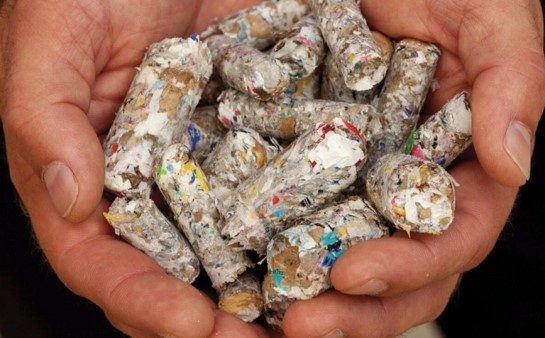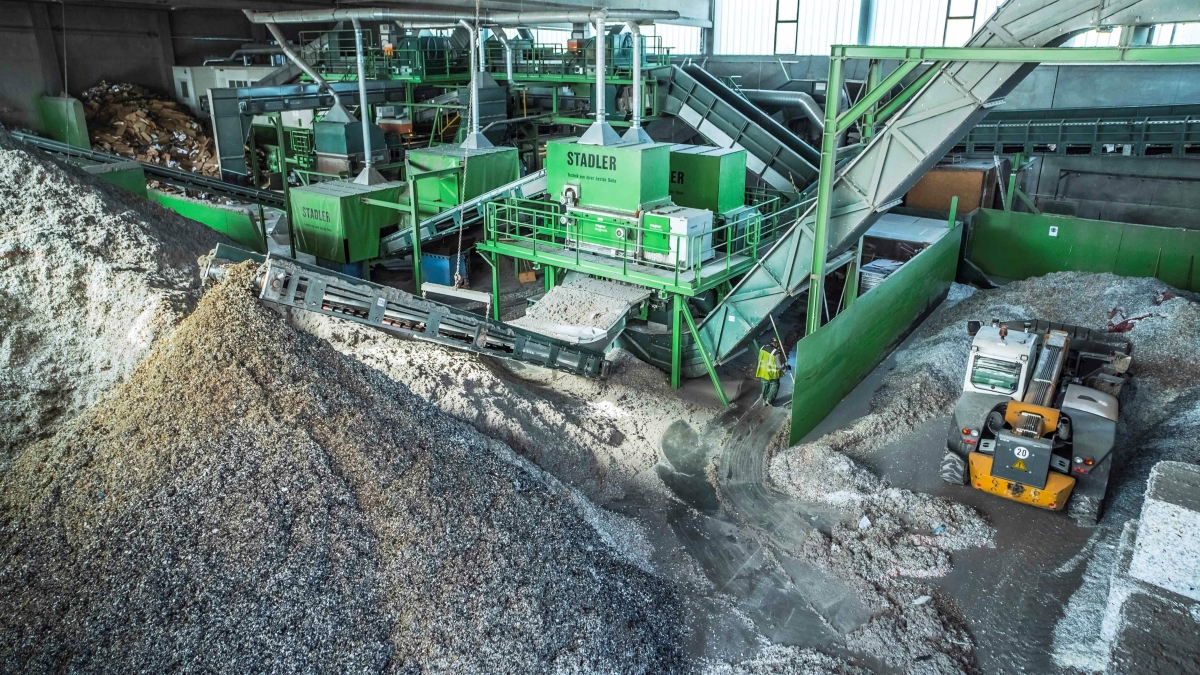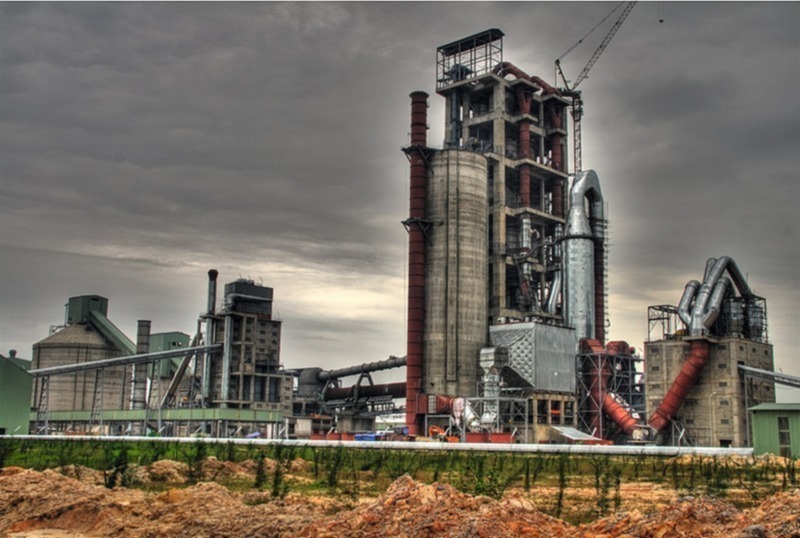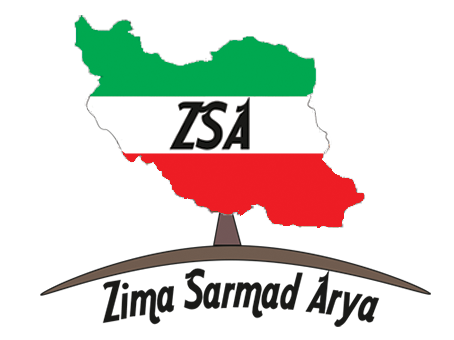Refuse-Derived Fuel (RDF)
Refuse-Derived Fuel (RDF) is a clean and recyclable source of energy produced from non-hazardous municipal and industrial waste. This process helps reduce the volume of landfilled waste and recovers the energy value of combustible materials.

RDF mainly consists of combustible materials such as paper, cardboard, dry plastics, and other organic compounds. After separating non-combustible materials and removing moisture, the waste is processed into granules or briquettes, making it suitable for use as an alternative fuel in power plants, industrial kilns, or electricity generation systems.
The benefits of producing and using RDF include:
-
Significant reduction in landfilled waste volume and extension of landfill lifespan
-
Energy recovery from combustible materials and reduced consumption of fossil fuels
-
Lower greenhouse gas emissions compared to raw waste disposal
-
Potential use in various industries including cement, steel, and power plants
-
A standardized and controllable process that complies with environmental regulations

By implementing the RDF production program, our organization takes an important step toward sustainable waste management, reducing environmental impacts, and providing clean energy.

